In Homelands: A Personal History of Europe, Timothy Garton Ash reflects on European history and political transformation from the mid-20th century to the present. Deftly interweaving analysis with personal narratives, Garton Ash offers a compelling exploration of recent European history and how its lessons can help us navigate today’s challenges, writes Mario Clemens.
Homelands: A Personal History of Europe. Timothy Garton Ash. The Bodley Head. 2023.
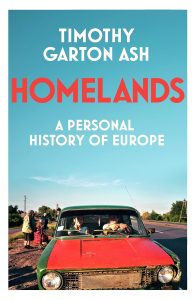 Almost ten years ago, I heard the then-German Foreign Minister (and current Federal President) Frank-Walter Steinmeier say that we have to prepare ourselves for the fact that in the near future, crises will become the norm. What sounded like a somewhat eccentric assessment now appears to be an apt description of our reality, including in Europe. How did we get here?
Almost ten years ago, I heard the then-German Foreign Minister (and current Federal President) Frank-Walter Steinmeier say that we have to prepare ourselves for the fact that in the near future, crises will become the norm. What sounded like a somewhat eccentric assessment now appears to be an apt description of our reality, including in Europe. How did we get here?
As Timothy Garton Ash argues in Homelands: A Personal History of Europe, Western Liberals made the mistake of relying on the unfounded assumption that history would simply continue to go their way. Post-cold-war-liberals failed, for example, to care enough about economic equality (237) and thus allowed Liberalism to make way for its ugly twin, Neoliberalism.
Western Liberals made the mistake of relying on the unfounded assumption that history would simply continue to go their way.
Whether we want to understand Islamist Terrorism, the rise of European right-wing populism, or Russia’s revanchist turn, in each case we find helpful hints in recent European history. What makes Garton Ash the ideal guide through the “history of the present” is his three-dimensional experience: that of a historian, a widely travelled and prominent journalist and a politically active intellectual.
What makes Garton Ash the ideal guide through the “history of the present” is his three-dimensional experience: that of a historian, a widely travelled and prominent journalist and a politically active intellectual.
Garton Ash started travelling across Europe fresh out of school, “working on a converted troopship, the SS Nevada, carrying British schoolchildren around the Mediterranean” (27). Aged 18, he was already keeping a journal on what he saw, heard and read.
He nurtured that journalistic impulse and soon merged it with a more active political one, eventually becoming the “engaged observer” (Raymond Aron) that he desired to be. In the early 1980s, he sat with workers and intellectuals in the Gdańsk Shipyard, where the Polish Solidarity movement (Solidarność) emerged. Later in the 1980s, he befriended Václav Havel, the Czech intellectual dissident and eventual President. Garton Ash chronicled and participated in the movement led by Havel, which successfully achieved the peaceful transition of Czechoslovakia from one-party communist rule to democracy. Since then, Garton Ash has consistently enjoyed privileged access to key political figures, such as Helmut Kohl, Madeleine Albright, Tony Blair and Aung San Suu Kyi. Simultaneously, he has maintained contact with so-called ordinary people. All the while, he has preserved the necessary distance intellectuals require to do their job, which in his view “is to seek the truth, and to speak truth to power” (173). His training as a historian, provides him with a broader perspective, which, in Homelands, allows him to arrange individual scenes and observations into an encompassing, convincing narrative.
Garton Ash has published several books focusing on particular themes, such as free speech, and events, such as the peaceful revolutions of 1989. In addition, he has published two books containing collected articles that cover a decade each. History of the Present: Essays, Sketches, and Dispatches from Europe in the 1990s and Facts are Subversive: Political Writing from a Decade without a Name, which covers the timespan between 2000 and 2010. Homelands now not only covers a larger timespan, the “overlapping timeframes of post-war and post-wall” (xi) – 1945 and 1989 to the present – but the chapters are also more tightly linked as had been possible in books that were based on previous publications.
By the second decade of the twenty-first century we had, for the first time ever, a generation of Europeans who had known nothing but a peaceful, free Europe consisting mainly of liberal democracies.
“Freedom and Europe” says Garton Ash, are “the two political causes closest to my heart” (xi), and he had the good fortune to witness a period where freedom was expanding within Europe. Now that history seems to be running in reverse gear, he worries that this new generation don’t quite realise what’s at stake: “By the second decade of the twenty-first century we had, for the first time ever, a generation of Europeans who had known nothing but a peaceful, free Europe consisting mainly of liberal democracies. Unsurprisingly, they tend to take it for granted’ (23-24).
Thus, one critical aim motivating Homelands is to convey to a younger generation what has been achieved by the “Europe-builders,” men and women who have been motivated by what Garton Ash calls the “memory machine,” the vivid memory of the hell Europe had turned itself into during its modern-day Thirty Years War (21-22). While nothing can equal this “direct personal memory,” he argues that there are other ways “in which knowledge of things past can be transmitted” – via literature, for instance, but also through history (24), especially when written well.
A gifted stylist, Garton Ash makes history come alive by telling the stories of individuals
A gifted stylist, Garton Ash makes history come alive by telling the stories of individuals, for instance, that of his East German friend, the pastor Werner Krätschell. On Thursday evening, 9 November 1989, Werner had just come home from the evening church service in East Berlin. When his elder daughter Tanja and her friend Astrid confirmed the rumour that the frontier to West Berlin was apparently open, Werner decided to see for himself. Taking Tanja and Astrid with him, he drove to the border crossing at Bornholmer Strasse. Like in a trance, he saw the frontier guard opening the first barrier. Next, he got a stamp on his passport – “invalid”. “‘But I can come back?’ – ‘No, you have to emigrate and are not allowed to re-enter,’” the border guard replied. Horrified because his two younger children were sleeping in the vicarage, “Werner did a U-turn inside the frontier crossing and prepared to head home. Then he heard another frontier guard tell a colleague that the order had changed: ‘They’re allowed back.’ So he did another U-turn, to point his yellow Wartburg again towards the West” (146).
History, written in this way, “as experienced by individual people and exemplified by their stories” (xiii), may indeed help us to “learn from the past without having to go through it all again ourselves” (24).
Though he emphasises the wealth, freedom and peace in late 20th-century Europe, Garton Ash also reminds us that post-war European history, even its “post-wall” period, is not an unqualified success story.
Though he emphasises the wealth, freedom and peace in late 20th-century Europe, Garton Ash also reminds us that post-war European history, even its “post-wall” period, is not an unqualified success story. Notably, right after the Cold War, there were the hot wars accompanying the dissolution of Yugoslavia. He regards the fact that the rest of Europe “permitted this ten-year return to hell” as “a terrible stain on what was otherwise one of the most hopeful periods of European history” (187).
Garton Ash is equally alert to the danger of letting one’s enthusiasm for Europe’s post-war achievements turn into self-righteousness. “That post-war Europe abjured and abhorred war would have been surprising news to the many parts of the world, from Vietnam to Kenya and Angola to Algeria, where European states continued to fight brutal wars in an attempt to hang on to their colonies” (327).
While such warnings qualify and differentiate Homelands’ central message – that today’s Europeans have much to lose – they do not reverse it. But knowing that one is bound to lose a lot can also have a paralysing effect, as many of my generation currently experience. Here again, history can help: to understand our present, we need to know what brought us here. Garton Ash is convinced that we can learn from history; he, for instance, claims that the rest of Europe should “learn the lessons of Brexit” (279).
Those who seek orientation through a better understanding of the past should turn to this extraordinary, eminently readable exploration of recent European history.
Homelands: A Personal History of Europe perfectly complements Tony Judt’s extensive Postwar (published in 2005). While Judt’s work offers a detailed and systematic account of European history after 1945, Garton Ash’s book seamlessly blends personal narratives, insightful analysis, and astute critique. Those who seek orientation through a better understanding of the past should turn to this extraordinary, eminently readable exploration of recent European history.
This post gives the views of the author, and not the position of the LSE Review of Books blog, or of the London School of Economics and Political Science. The LSE RB blog may receive a small commission if you choose to make a purchase through the above Amazon affiliate link. This is entirely independent of the coverage of the book on LSE Review of Books.
Image Credit: struvictory on Shutterstock.



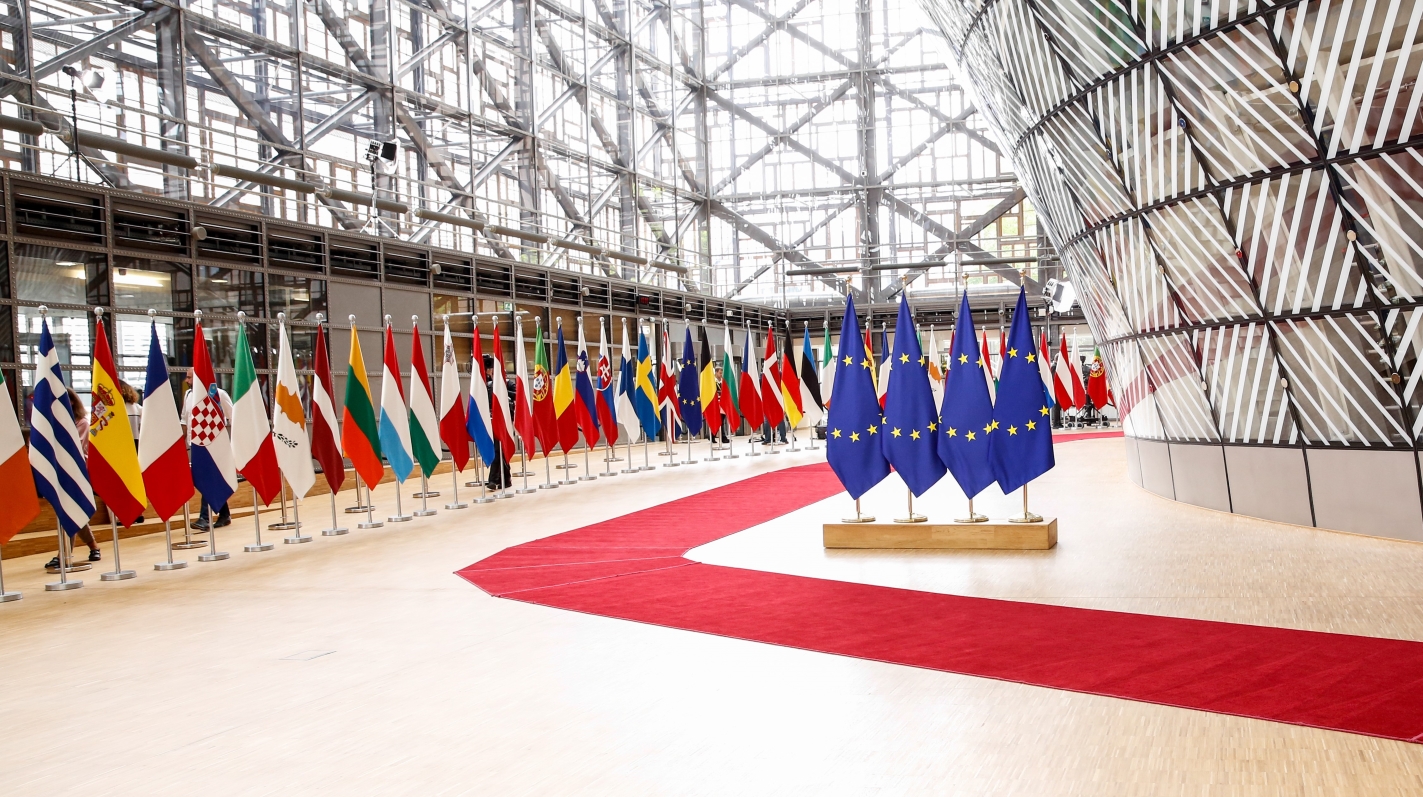
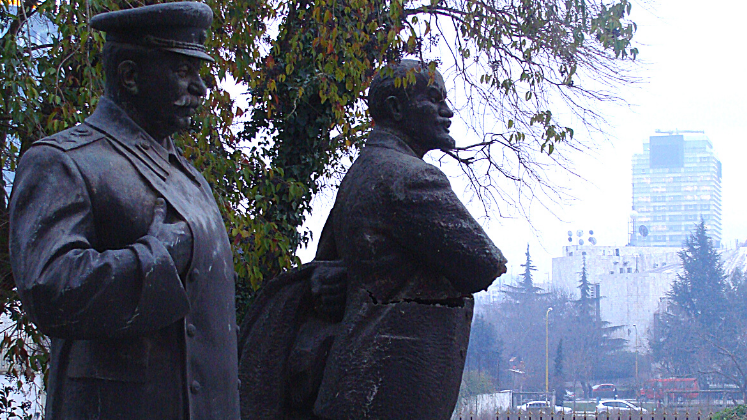
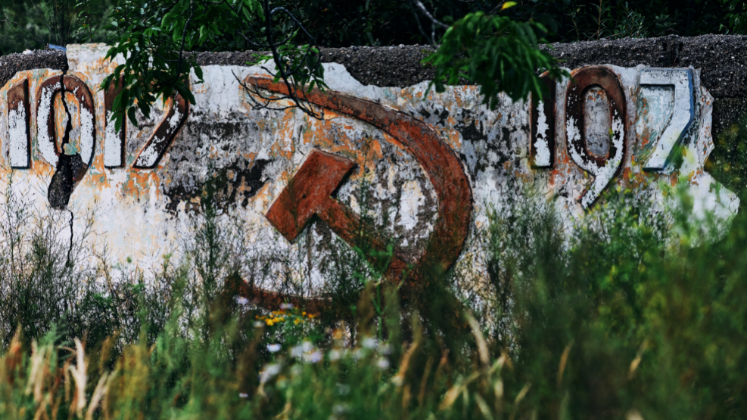
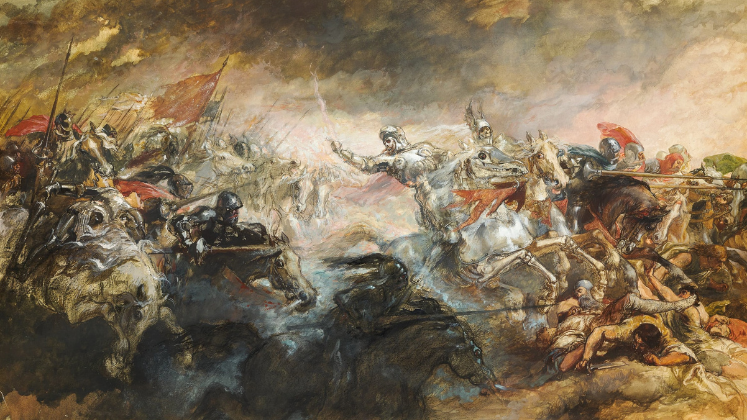

Timothy Garton Ash galt bisher leider nicht meiner größeren Aufmerksamkeit. Das soll sich ändern! Es ist doch äußerst interessant, politische Geschichte und Entwicklung politischer Werte an konkreten Beispielen zu erfahren. Bin gespannt …. Thanks a lot